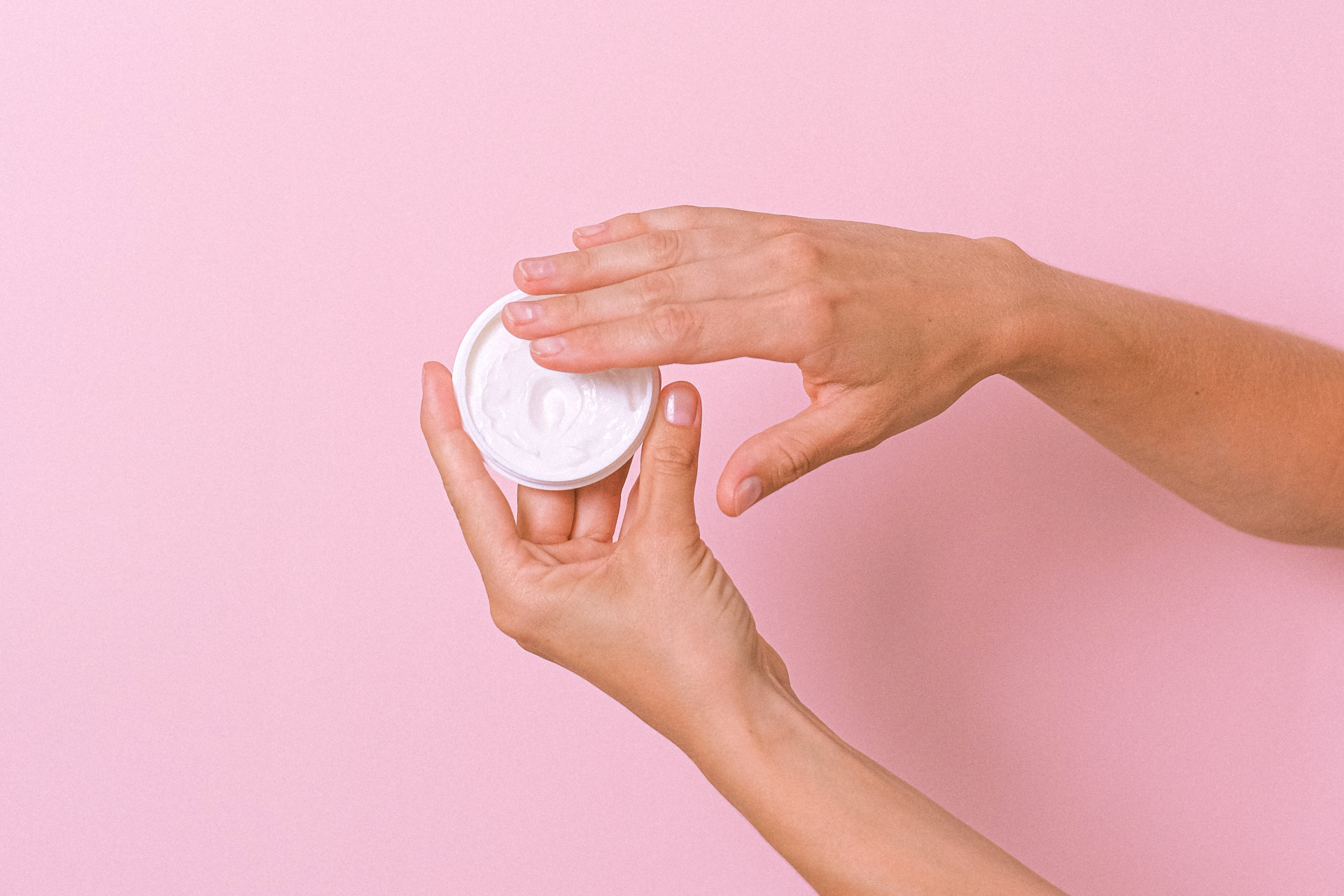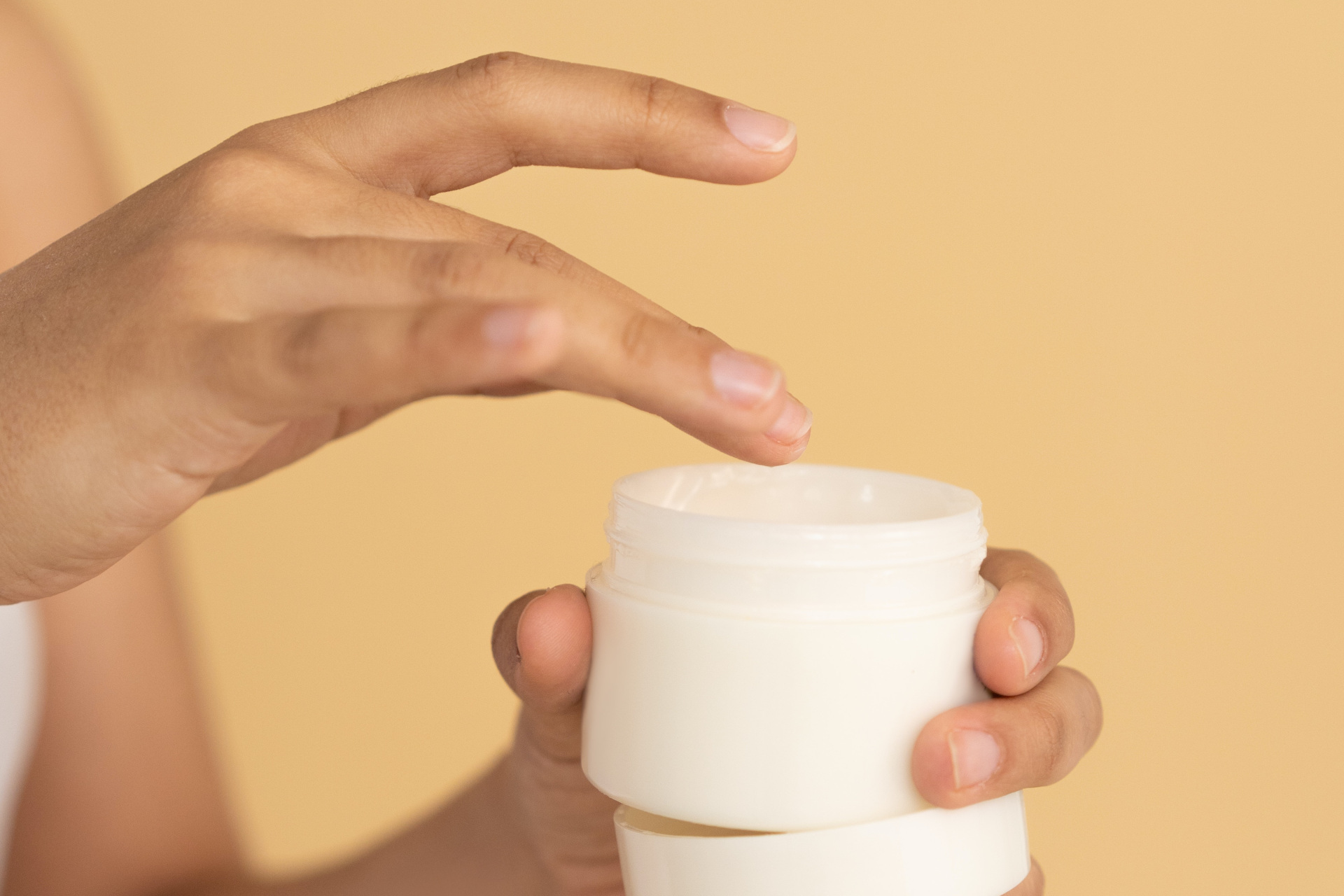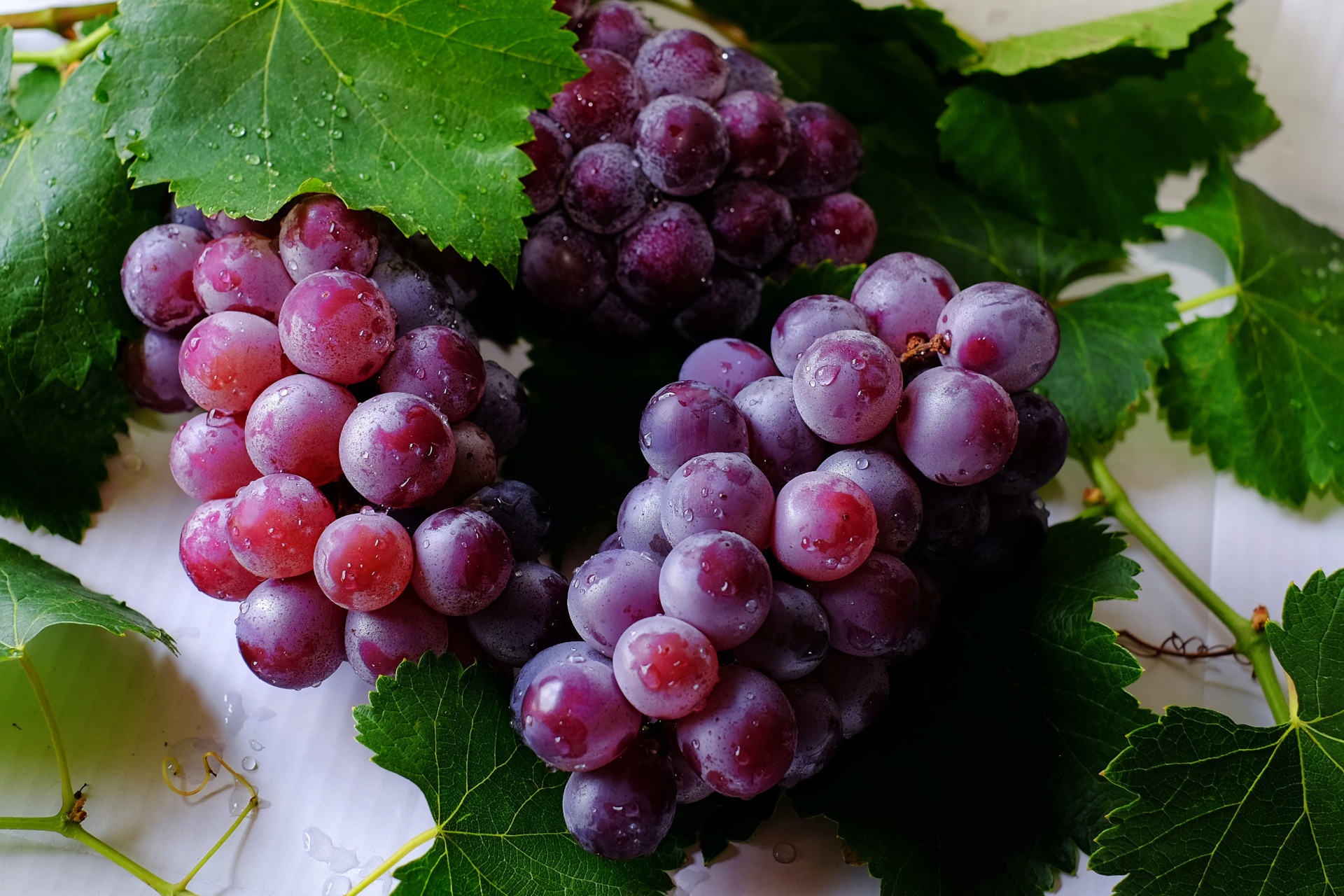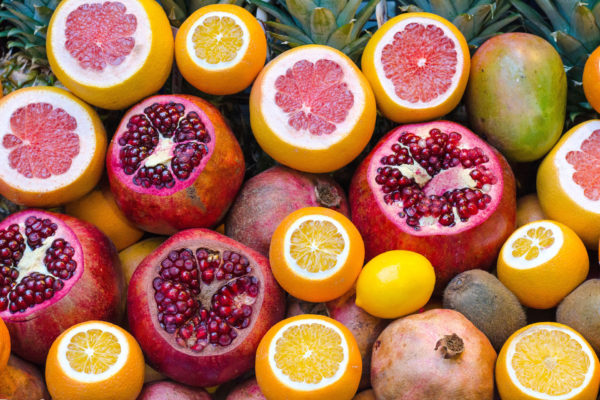10 Retinol Alternatives You Might Not Have Thought Of
By
2 years ago
Skip the side effects for these gentle skincare saviours

While the internet and dermatologists tend to rave about retinol (and its fantastic results), not all of us get on with this buzzy skincare ingredient. So, what do we do if we want retinol but our skin disagrees? Luckily, there are plenty of alternatives to try – many of which deliver similar (if not the same) results with a much gentler touch.
What Is Retinol?
Retinol is a popular ingredient in skincare products known for its anti-aging properties. ‘Retinol is a Vitamin A derivative, similar to how AHA is an acid,’ Dr. Dendy Engelman, dermatologist and cosmetic surgeon, told us in our retinol guide (which you can read in full here). ‘Since retinol helps with overall textural and tone improvement, it can be beneficial for numerous different signs of ageing. It helps with cell turnover, making skin look more youthful. It also helps to support skin’s natural collagen and elastin, thus improving the appearance of fine lines and wrinkles.’
But while retinol can have some great results, it doesn’t agree with everyone’s skin (especially if it’s sensitive). The most common side effects of retinol use are redness, irritation, dryness, flaking and itching. Thankfully, there are several retinol alternatives out there that offer similar benefits without the potential side effects.
Thinking of making the switch? As with any skincare ingredient, it’s important to consider your skin type, concerns and any potential allergies or sensitivities before incorporating something new into your routine. If you’re unsure, you can always consult a dermatologist or skincare professional to help you decide which ingredients work for you.
10 Retinol Alternatives You Might Not Have Thought Of
1. Peptides
In terms of skincare, peptides (small chains of amino acids) act as little messengers that can stimulate skin cells to perform specific functions. The main draw is that peptides can help stimulate collagen production and elastin, improving skin elasticity and creating a more youthful glow.
2. Vitamin C
Vitamin C is a great alternative to retinol if you’re looking to correct uneven skin tones and textures, but perhaps struggle with more sensitive skin. This antioxidant can help brighten skin, fade hyperpigmentation and promote collagen synthesis.

3. Rosehip Seed Oil
A popular natural alternative to retinol is rosehip seed oil, due to it being rich in vitamins, antioxidants and essential fatty acids – all of which can improve skin texture and tone, while reducing the appearance of fine lines.
4. Bakuchiol
Another natural alternative, bakuchiol is a plant-derived ingredient that works similarly to retinol by promoting collagen production and reducing the appearance of wrinkles.
5. Granactive Retinoid
While considered a gentler form of retinoid, granactive retinoid offers similar benefits to traditional retinol – think fine line and wrinkle reduction, but with less potential for irritation.

6. Niacinimide
Otherwise known as vitamin B3, Niacinimide is a great alternative for those with sensitive skin. It doesn’t mimic the effect of retinol directly, but it does help improve elasticity, reduce fine lines and regulate sebum production (which helps moisturise and protect skin).
7. Rosemary Extract
Packed with antioxidants and anti-inflammatory properties, rosemary extract can help protect skin from free radicals while improving circulation. It should be noted that it does not have the same anti-aging effects as retinol, but it’s a natural ingredient and is gentler to skin.
8. Resveratrol
A compound found in grapes, red wine and other plants, resveratrol has antioxidant and anti-inflammatory properties – which come in handy for reducing the signs of aging, improving skin health, stimulating collagen production and protecting against UV damage.

9. Carotenoids
Known to improve skin tone, texture and overall appearance, carotenoids are naturally occurring pigments found in fruits and vegetables (think carrots, tomatoes and spinach) which are converted into vitamin A by the body – an essential vitamin for healthy skin.
10. Centella Asiatica
A common ingredient in traditional medicine practices, centella asiatica has long been in use due to its anti-inflammatory and wound-healing properties. In terms of skincare, it can help maintain elasticity and firmness.
Featured image: Anna Shvets, Pexels










